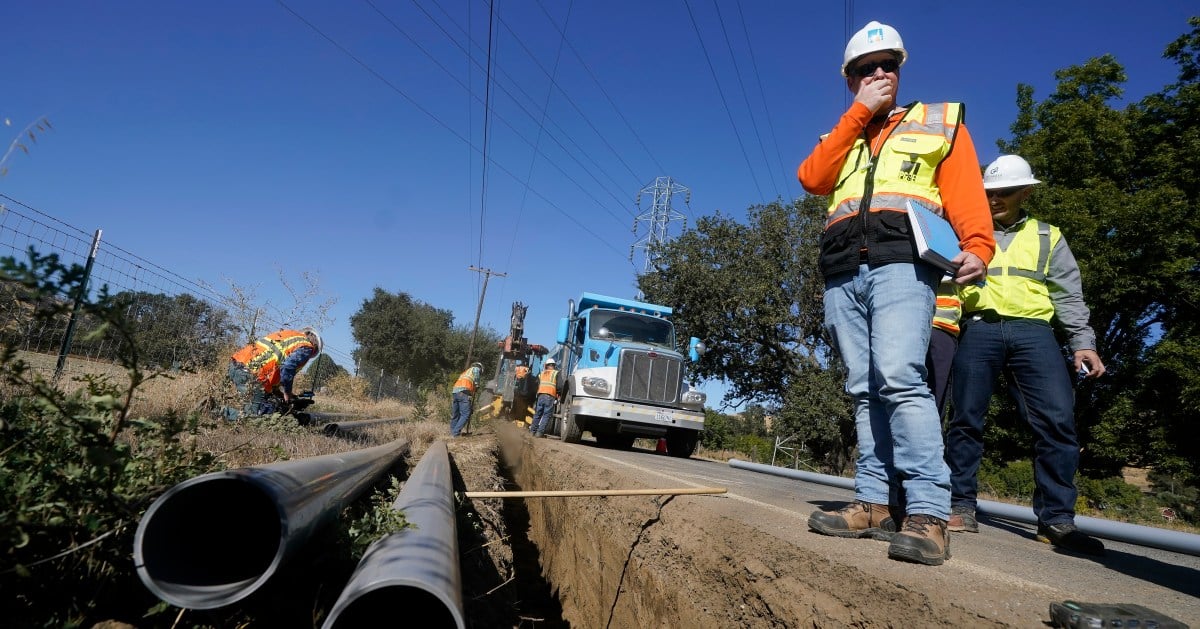It is madness how expensive utilities are now.
According to regulators, average PG&E bills swelled 56% over the last three years.
A big chunk of that is inflation related to COVID-19.
https://www.bls.gov/data/inflation_calculator.htm
Looks like maybe ~20 percentage points, so up towards half of it.
But, yeah, California’s power rates are uncompetitive with those in pretty much all other states.
https://www.electricchoice.com/electricity-prices-by-state/
According to that, for December 2024, California had higher average per-kilowatt prices than every state other than Alaska, Connecticut, Hawaii (which faces special difficulties due to being a remote island), and Massachusetts.
In many states, average residential electricity prices were something like half those in California.
Yikes! I live in Quebec, where my electricity rate is about USD $0.05/kWh. I moved from Ontario, where the rate changes based on the time of day, but is $0.07-0.12/kWh.
How does Quebec do it? In 1962, they nationalized all electricity generation. They took out large loans to purchase the companies, but paid them off from profits within 3 years, and since then electricity has been contributing to the provincial coffers.
Also super cheap power from Churchill Falls.
Why does that source list Rhode Island at 18.64 cents per kw/hr? I’m in Rhode Island and my rate is 16.65, down from 17 last winter.
Of course, when you add distribution cost, it’s more like $0.34 kw/hr…
I guess it could be that they have variable rates, time-of-use plans, or there are multiple distribution companies that cover parts of the state.
You’re welcome




